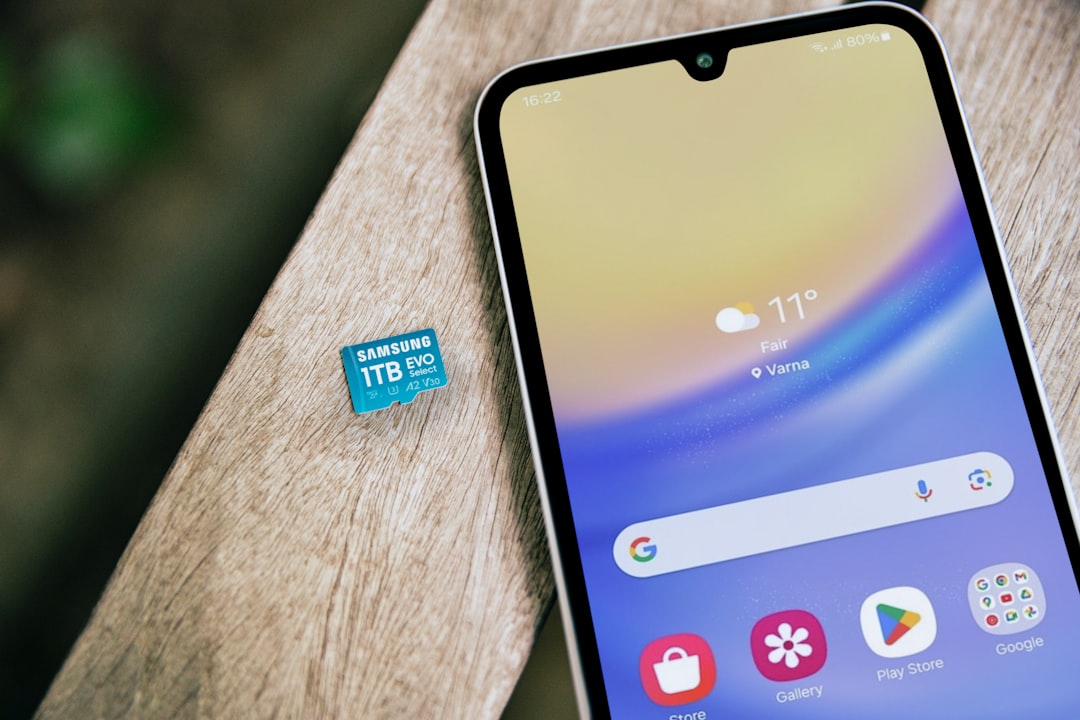In Nevada, the "Do Not Call" law is a powerful tool for residents to control unwanted commercial calls, including those from legal services firms. By registering on the state-managed list, Nevadans can curb intrusive telemarketing and protect their privacy. Law firms in Nevada should adopt this policy to respect client privacy, prevent nuisance calls, and foster better client relationships, ensuring a tailored and effective legal support system for residents.
In Nevada, residents have a powerful tool at their disposal to curb unwanted phone calls—the Do Not Call Law. This legislation aims to protect individuals from persistent telemarketing and sales calls, ensuring peace of mind. However, its impact extends beyond consumers; it’s a game-changer for law firms too. This article explores why a strict ‘Do Not Call’ policy is essential for legal practices in Nevada, delving into the rights of residents and practical steps for implementing such a policy effectively.
Understanding the Do Not Call Law in Nevada

In Nevada, the “Do Not Call” law is a consumer protection regulation designed to prevent unsolicited telephone solicitation and marketing calls. This law, part of the state’s efforts to safeguard residents from overwhelming and unwanted phone communications, restricts the number of commercial calls individuals can receive at their homes. The primary aim is to give residents control over their personal time and privacy by limiting excessive marketing calls.
Nevada’s Do Not Call Law applies to both live operators and automated or prerecorded messages. It allows consumers to register their numbers on a state-managed “Do Not Call” list, effectively blocking most commercial calls. This law is particularly relevant for residents who wish to avoid legal or financial services advertisements, including law firm marketing calls. By understanding and utilizing this legislation, Nevada citizens can enjoy more peaceful, unintrusive phone interactions.
Why a Do Not Call Policy is Essential for Law Firms

In today’s digital era, where communication channels are abundant, it’s crucial for law firms to implement a robust do not call policy. This approach is particularly vital in Nevada, where residents often face various legal issues requiring expert advice. By adopting such a policy, law offices can ensure they respect privacy rights and avoid unsolicited calls, which can be a significant nuisance and potential violation of personal space.
A do not call policy for a do not call law firm Nevada allows for better client management and enhances the overall customer experience. It enables law firms to focus their resources on providing quality services to those who actively seek their expertise, fostering a more efficient and effective legal support system tailored to the needs of Nevada residents.
Rights of Nevada Residents: What You Need to Know

In Nevada, residents have specific rights when it comes to communication with law firms, especially regarding unsolicited calls. The Do Not Call list is a powerful tool available to Nevadans, allowing them to opt-out of receiving marketing or telemarketing calls, including those from law firms. This list is similar to the national Do Not Call registry but with additional protections for residents. By registering, individuals can rest assured that their privacy is respected, and they won’t be disturbed by unwanted legal inquiries.
Understanding your rights is crucial when it comes to dealing with law firms. Nevada law provides safeguards to prevent excessive or intrusive calls, ensuring a more balanced relationship between consumers and legal service providers. Residents should be aware of their ability to file complaints if they feel their rights have been violated, which can lead to action against the offending do not call firm.
Implementing and Promoting Your Do Not Call Policy

Implementing a “Do Not Call” policy is an effective way for Nevada residents to protect themselves from unwanted legal solicitations. When a law firm implements this policy, they are signaling their commitment to respecting individual choices and privacy rights. This simple yet powerful step can significantly reduce phone nuisance and help establish a positive reputation among potential clients who value peace of mind.
Promoting your Do Not Call policy is crucial for its success. Clearly communicate the policy through your website, social media platforms, and legal materials. Inform existing and prospective clients that your firm does not engage in cold calls and encourages them to opt-out if they receive any unsolicited contact attempts. Regularly reviewing and updating this policy will ensure it remains effective and aligned with the evolving preferences of Nevada residents.






